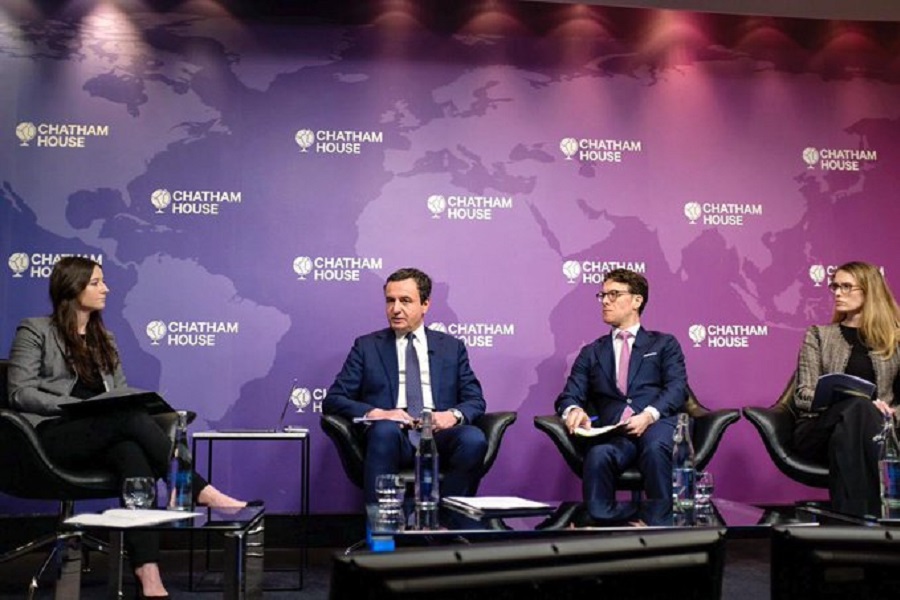
Jakub Bielamowicz, analyst of Southeast Europe and the Western Balkans at the Institute of New Europe, shared a video of Prime Minister Albin Kurti during his speech at the ChathamHouse Institute, where he spoke about the security of the Western Balkans and the danger posed by Serbia.
Bielamowicz on his account on X, said that Kurti has explained why the infiltration of the Kremlin in Serbia is a hybrid threat to the Western Balkans.
"40% of Serbian MPs are members of the friendship group with Russia. Over the last decade, more than 3,000 people have been trained by the Russian-Serbian "Humanitarian Center" in Nish. The Sputnik regional hub is located in Belgrade. There are daily flights between Moscow & Belgrade, lots of Russian businesses being set up in Serbia. According to polls, the citizens of Serbia believe they receive more financial support from Russia than from the EU", were some of Kurti's quotes that the Polish analyst shared on his X account.
"You know, we have in Parliament's friendship groups Kosovo-UK a dozen of MPs max, but not 40 percent of parliament in a friendship group. Uh, direct flights daily Belgrade-Moscow, a lot of businesses being open and Sputnik regional base for the Balkans is in Belgrade. 100 miles from Capital Town of Kosovo, Prishtina is the so-called Serbian-Russian humanitarian center. With dozens of spies and agents who train people for emergence situations. Over 3000, people went into training in that Center in a bit more than a decade. So, who are these 3,000 people who went into that training. Then hybrid Warfare is a very much present in Academia, in university", Kurti said in his speech.
Further, Kurti said that the Russian ambassador in Serbia invites Serbian students for meetings who, according to him, learn about the Russian fairy tale of how the world will look like.
Speaking about how much Serbs trust the EU, Kurti said that most of them believe that they receive more funds from Russia than from the EU, which, according to him, is a lie.
" You can give a lot of money and if you ask now if you do poll in Serbia, they will tell you that they are getting more financial support from Russia than from EU, which is absolutely false", said Kurti.

